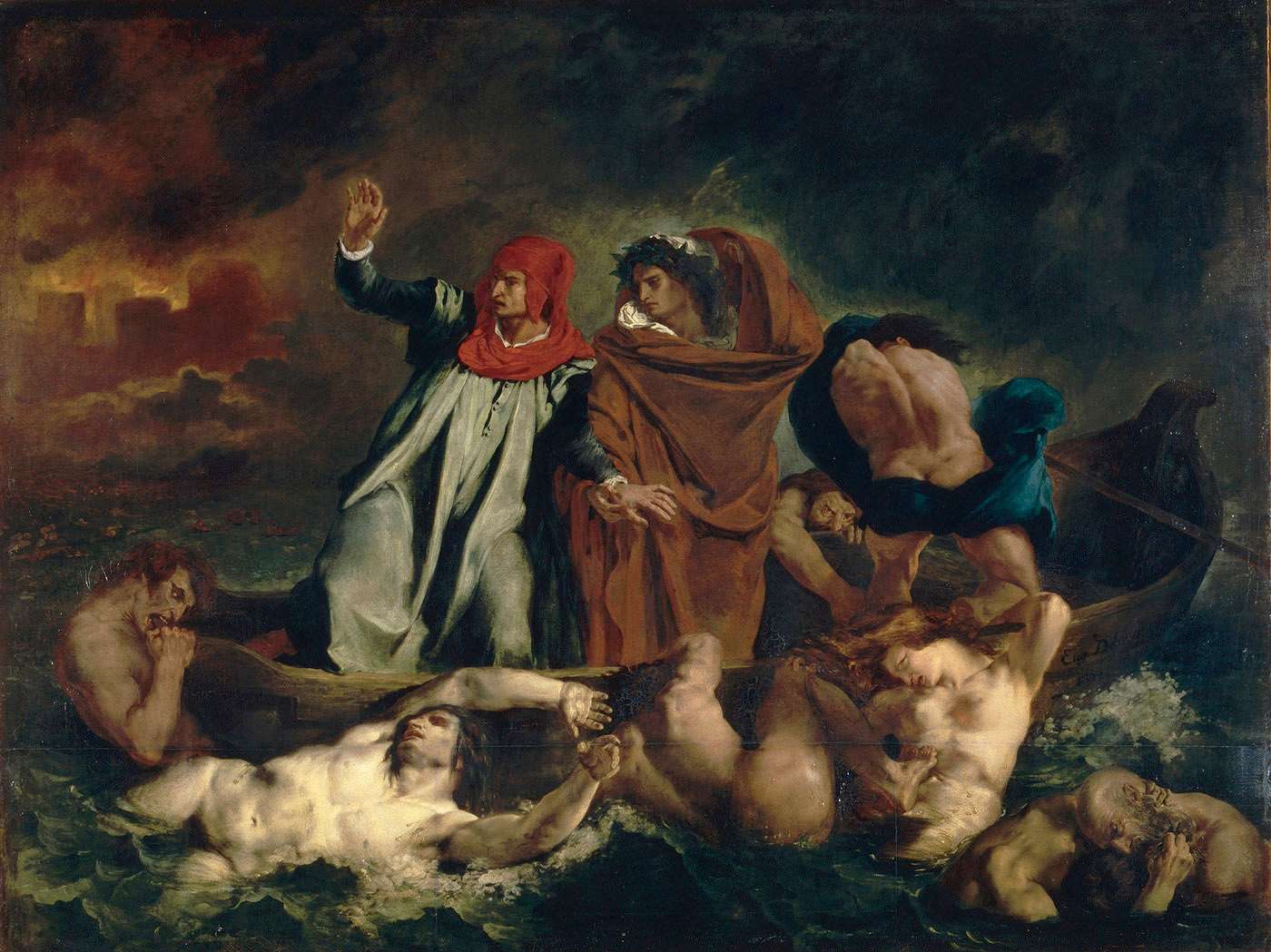
Classical tradition
The Western classical tradition is the reception of classical Greco-Roman antiquity by later cultures, especially the post-classical West,[2] involving texts, imagery, objects, ideas, institutions, monuments, architecture, cultural artifacts, rituals, practices, and sayings.[3] Philosophy, political thought, and mythology are three major examples of how classical culture survives and continues to have influence.[4] The West is one of a number of world cultures regarded as having a classical tradition, including the Indian, Chinese, and Islamic traditions.[5]
Not to be confused with Classicism.The study of the classical tradition differs from classical philology, which seeks to recover "the meanings that ancient texts had in their original contexts."[6] It examines both later efforts to uncover the realities of the Greco-Roman world and "creative misunderstandings" that reinterpret ancient values, ideas and aesthetic models for contemporary use.[7] The classicist and translator Charles Martindale has defined the reception of classical antiquity as "a two-way process ... in which the present and the past are in dialogue with each other."[8]